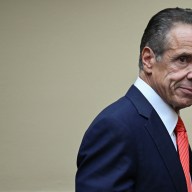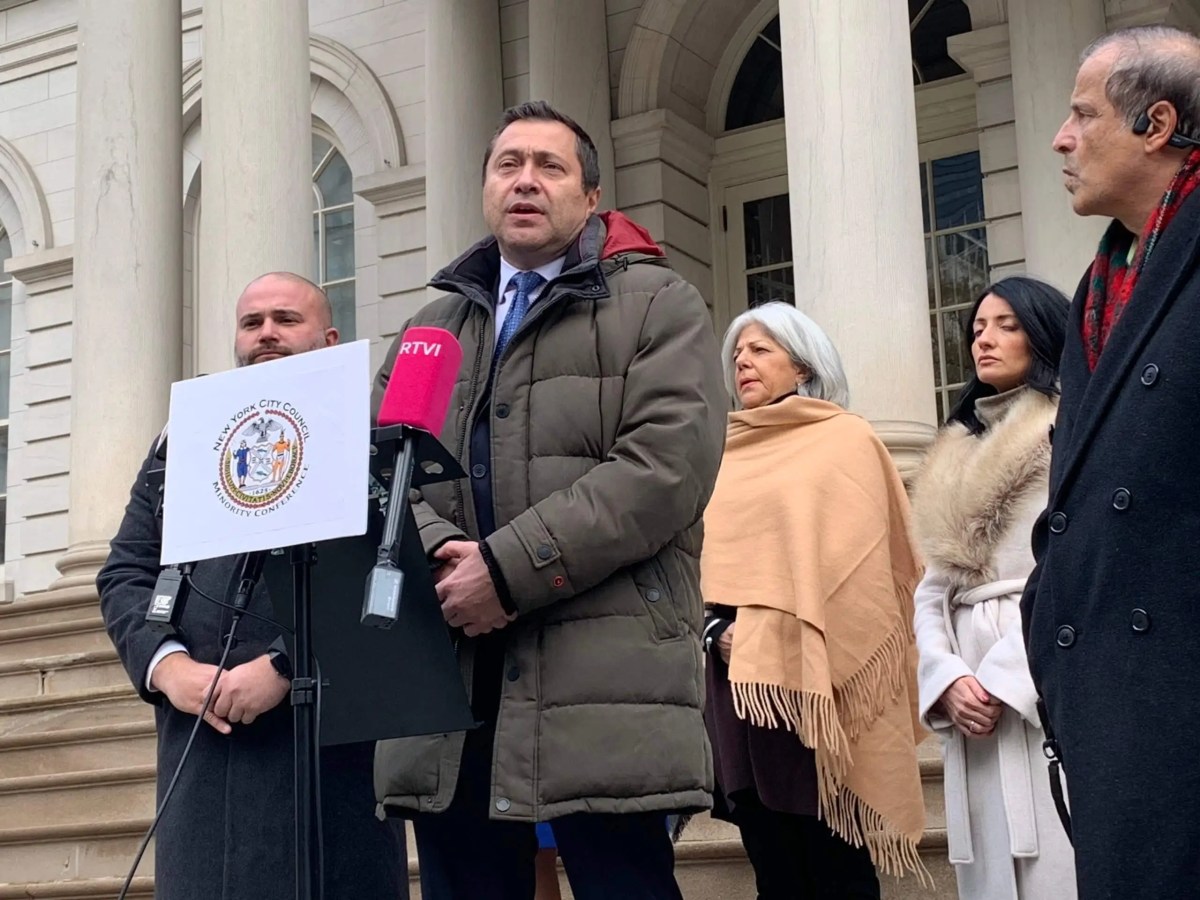This week marks the 154th anniversary of the capture of John Brown at Harpers Ferry, Va.
Brown and a small group of followers, including his two sons, had hoped to spark a slave revolt with weapons captured at the Virginia federal garrison. But things didn’t go as planned: Col. Robert E. Lee led a contingent of Marines into Harper’s Ferry and quelled the nascent uprising. Ten of Brown’s men were killed — half his strength — and the ardent abolitionist was hanged six weeks later in Charles Town, Va., on treason and murder charges.
Brown resorted to violence because he saw no other way to defeat slavery. Congress was divided, and slavery was spilling into the so-called Free States, threatening the balance of power. About three years after his death, the Emancipation Proclamation was signed.
The suffragettes at the Seneca Falls Convention in 1848 waited longer, but their thirst for the vote never waned, even as they were ostracized for their beliefs.
New York City’s Stonewall Riots in 1969 were more spontaneous. Gays in Greenwich Village were tired of being harassed by police breaking up then-illegal gay nightclubs, and their revolt soon grew into a national movement. Forty-two years later, New York legalized same-sex marriage.
It’s easy to dismiss the tea party movement as a collection of reactionary crackpots, but no one can say they lack the same passion as Brown, the suffragettes and the Stonewall rioters. It’s easy, too, to scoff at the comparison, but to do so demonstrates a misunderstanding of what the tea party is about — powerlessness.
All movements begin with it. Tea partyers believe the country is sliding into economic calamity and that they’re powerless to stop it. The government shutdown and debt-ceiling threats are born of desperation.
Tea partyers are right: America is sinking into an economic abyss, yet voters elect big spenders. The national debt hovers at $17 trillion and the nation has $60 trillion in liabilities to Social Security and Medicare.
Tea partyers may not be politically sophisticated, and may come across as angry and dogmatic, but their concerns have merit, and they aren’t going away. Nor should they. Their tactics need improvement, but there’s nothing lacking in their reasoning or zeal.
William F. B. O’Reilly is a Newsday columnist and a Republican political consultant.































